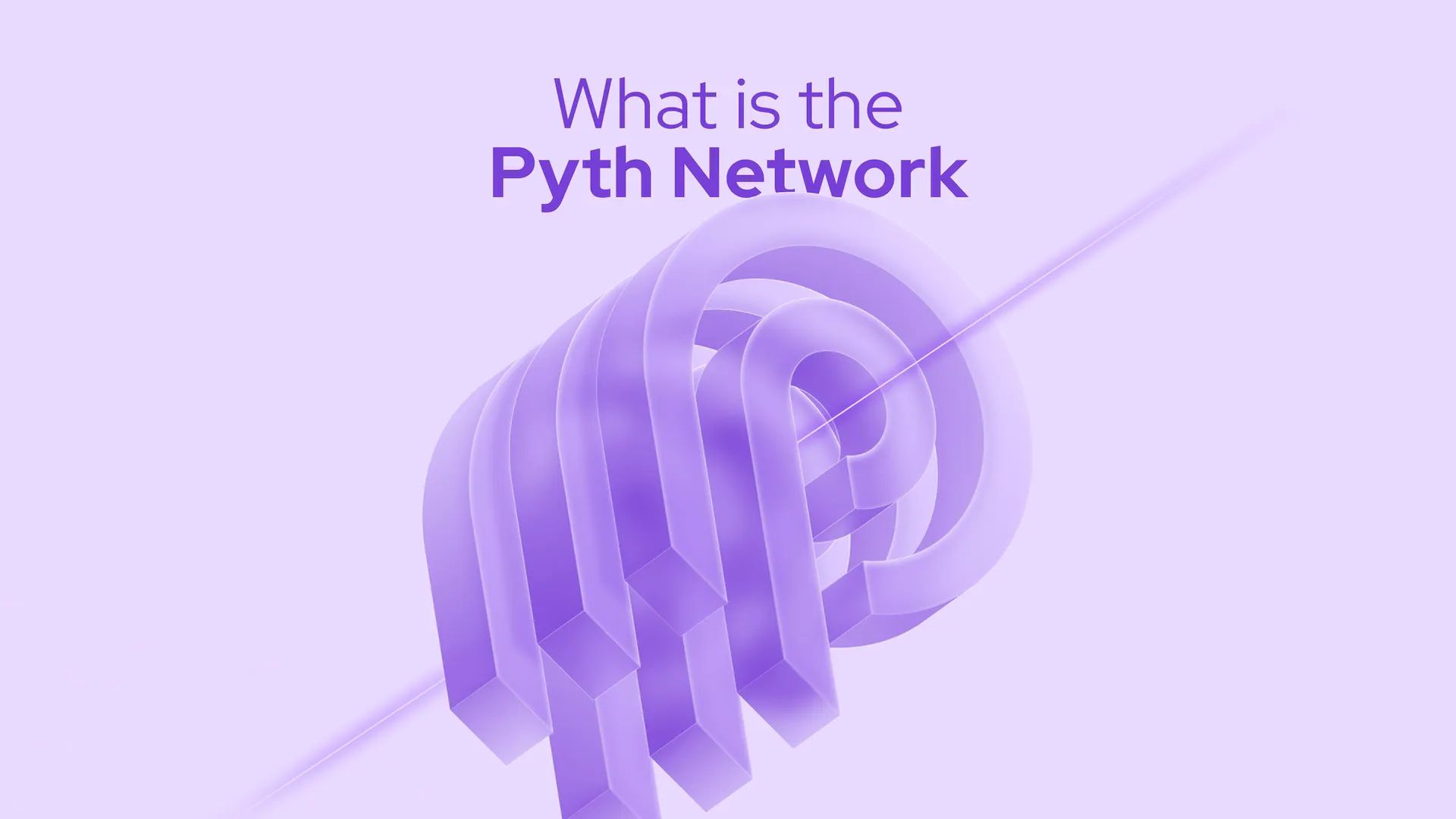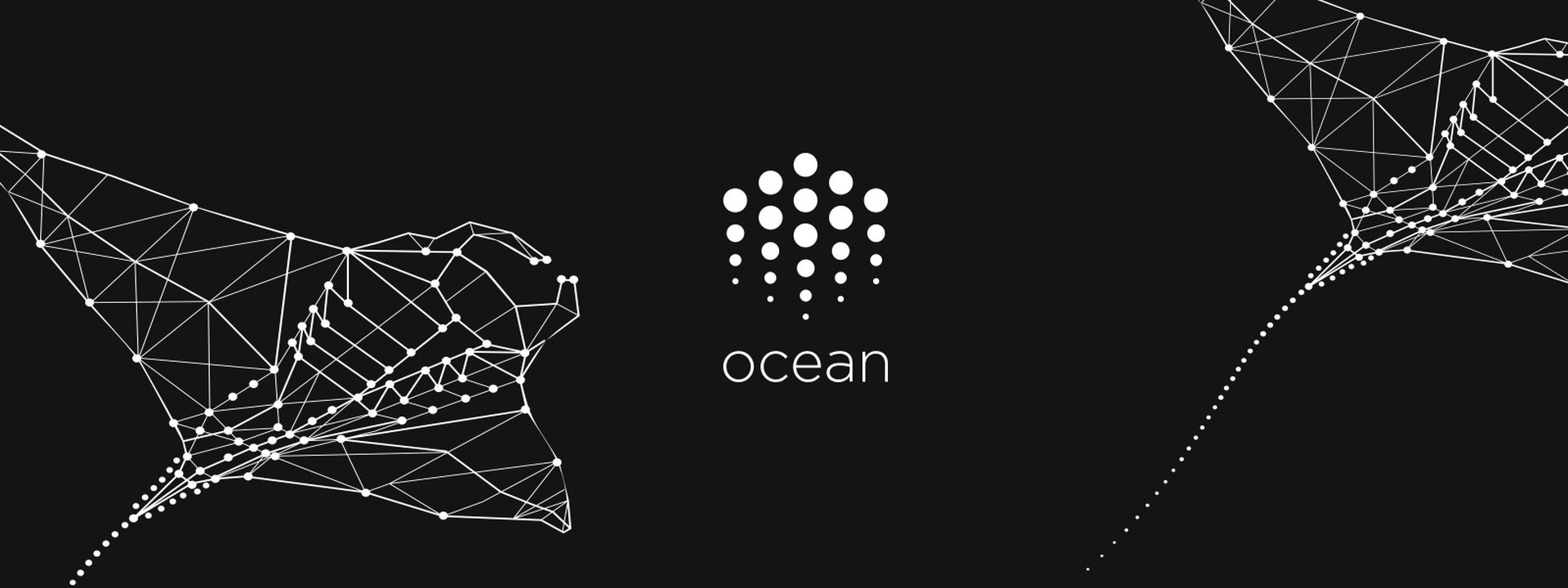Big data and blockchain are often touted as technologies that promise to transform the way we do business, and they have been adopted by thousands of companies worldwide. One could be forgiven for thinking these two technologies are mutually exclusive, with each being deployed independently of the other.
That does happen often, but any suggestion they cannot go hand-in-hand is wide of the mark. Fact is, blockchain is a distributed ledger and its primary focus is storing information, which makes it the perfect companion for many big data technologies. Together, blockchain and big data can change the world far more quickly than either one can do by itself, as we will see when we examine the industry’s most promising blockchain big data projects.
1. Space and Time
The compute layer is emerging as an essential component of the verifiable web, which is a vision of a future where both data and transactions can be verified by anyone independently and in a decentralized way.  Space and Time is emerging as a central player in this vision, providing one of the key components required for the verifiable web. It has built a decentralized data warehouse that verifies transactions using both on-chain and off-chain data. The startup’s technology provides a way to ensure queries are cryptographically secure, using a technique called “Proof of SQL”, which is based on zero-knowledge proofs. It also offers a comprehensive suite of tools that enable developers to embed its platform into any decentralized application.
Space and Time is emerging as a central player in this vision, providing one of the key components required for the verifiable web. It has built a decentralized data warehouse that verifies transactions using both on-chain and off-chain data. The startup’s technology provides a way to ensure queries are cryptographically secure, using a technique called “Proof of SQL”, which is based on zero-knowledge proofs. It also offers a comprehensive suite of tools that enable developers to embed its platform into any decentralized application.
The company’s technology has already been integrated within Chainlink’s popular decentralized oracles, which are used to connect on- and off-chain data to the verifiable web. Another user is RISC Zero, which is building a zero-knowledge-based virtual machine that can prove code is executed correctly, as well as Celestia, the modular blockchain platform that’s designed to ensure data availability and consensus.
Besides seeing rapid adoption, Space and Time has also achieved notable partnerships, most recently integrating with Google Cloud’s BigQuery data warehouse service. By integrating with BigQuery, Space and Time provides smart contracts with a way to access off-chain data easily, paving the way for a new generation of dApps with unique capabilities.
Space and Time argues that verifiable compute will be a game-changer as it will make it possible to ask questions about on- and off-chain data to ensure transactions are processed only when specific conditions in the real world are met. Asking questions of data refers to running database queries, and the Web3 industry needs a way to do this that’s fully decentralized, trustless and verifiable.
The innovation Space and Time delivers is its Proof of SQL mechanism, which supports verifiable queries that allow smart contract to integrate data from any source. The startup is making this innovation available via an API gateway, so developers can integrate it with their dApps and perform verifiable computing.
2. Pyth Network
As one of the fastest-growing data oracles in the blockchain space at the moment, the Pyth Network facilitates the exchange of information between more than 50 different blockchains and the real world. Its main use case is pulling highly accurate, real-time price information for digital assets, but it can also be used to stream non-blockchain data to the decentralized networks it supports
 In the blockchain industry, oracles play a vital role in enabling networks to “talk” to the physical world and access external information. They’re becoming increasingly important as decentralized applications evolve to tap into real world data that exists outside of the closed blockchains they live on. Pyth excels at grabbing off-chain data and publishing it on just about every blockchain that’s relevant, facilitating the creation of more intelligent smart contracts that can react to real-world events.
In the blockchain industry, oracles play a vital role in enabling networks to “talk” to the physical world and access external information. They’re becoming increasingly important as decentralized applications evolve to tap into real world data that exists outside of the closed blockchains they live on. Pyth excels at grabbing off-chain data and publishing it on just about every blockchain that’s relevant, facilitating the creation of more intelligent smart contracts that can react to real-world events.
Oracles have been around for a few years and Pyth is one of the newer ones, but it has rapidly gained ground on its older peers. It launched in August 2021, and has facilitated over $80 billion in trading volume since then. Moreover, it serves more than 200 dApps, including both on- and off-chain ones, catering to the DeFi industry’s insatiable appetite for trusted data.
Pyth has grown spectacularly as a result of its novel architecture. Although it runs the same validator software as the Solana blockchain, it actually lives on its own chain and is therefore independent of that network, though it does provide it with off-chain data. The protocol aggregates digital asset price feeds from multiple sources such a CEXs and DEXs, traditional financial institutions and market makers. Moreover, its data is regarded as more accurate than the information provided by other oracles, with its feed updated once every 400 milliseconds. That compares to several minutes for most other oracles.
Pyth also claims to be more decentralized due to the way it incentivizes network participants to publish price updates to the Pythnet, which are then streamed to supported chains via Solana’s Wormhole protocol. In contrast, most other data oracles utilize a “push” model that relies on off-chain processes to send data to decentralized networks.
3. Flare Network
Flare Network has emerged as another key player in the race to connect dApps and blockchains to off-chain data. It has created a robust solution that enables any blockchain network to interact with any other in a seamless and secure way without relying on intermediaries.
 The startup has created a novel approach to this that addresses the inefficiencies and security problems associated with traditional blockchain bridges. By allowing for faster and more secure cross-chain transactions, Flare promises to enhance the reliability and efficiency of decentralized networks.
The startup has created a novel approach to this that addresses the inefficiencies and security problems associated with traditional blockchain bridges. By allowing for faster and more secure cross-chain transactions, Flare promises to enhance the reliability and efficiency of decentralized networks.
One of the most compelling aspects of Flare is its developer-friendly nature, with a comprehensive incentive program that encourages contributions to its ecosystem. This support encourages innovation and ecosystem growth around the project, and has resulted in a diverse range of dApps leveraging Flare’s network.
Regarding how it enables blockchains to talk to one another and grab off-chain data, one of the key components is the Flare State Connector, which provides a way for dApps to access external data. The other component is the Flare Time Series Oracle, which encourages independent nodes to provide access to accurate off-chain data.
Flare, by enabling blockchains to interact with the real world, is powering new innovations in cross-chain communication, enhancing existing Web3 protocols and powering the growth of brand new ones, and contributing to a more versatile decentralized financial ecosystem.
4. Ocean Protocol
Ocean Protocol has set itself the mission of transforming the way data is shared, traded and utilized by Web3 projects. The protocol can be described as a decentralized data exchange mechanism that makes it possible for individuals and organizations alike to share and monetize information in a secure and private way.
 The project was conceived as a way to enable private data sharing for AI projects, with the idea being that the combination of Ai and Web3 will allow protocol users to monetize their data. To that end, the protocol offers its own data marketplace, and a native token called OCEAN that’s used to facilitate transactions.
The project was conceived as a way to enable private data sharing for AI projects, with the idea being that the combination of Ai and Web3 will allow protocol users to monetize their data. To that end, the protocol offers its own data marketplace, and a native token called OCEAN that’s used to facilitate transactions.
One of its key innovations is the tokenization of data. By tokenizing data as a digital asset, it allows the provider of that information to retain ownership of it. In turn, this means tokenized data can be traded freely via the protocol’s decentralized marketplace, with transactions powered by the OCEAN token.
Ocean Protocol also supports data sovereignty and privacy with its strong emphasis on user control of data, protecting privacy. The OCEAN token is also used for staking and governance, allowing users to earn rewards for participating in the network and influence decisions on the protocol’s future.
By enabling data to be owned, traded and monetized, Ocean Protocol is paving the way for innovators to fuse AI with blockchain. In turn, that should enable developers with new opportunities to advanced AI-powered and data-driven applications in Web3.
5. Nuklai
As the creator of an on-chain smart data ecosystem, Nuklai also intends to become a key player in the rise of AI in the Web3 industry.
 Nuklai is focused on providing AI applications with the smart data they need to function, and it boasts an experienced team with a strong ecosystem of partners such as Crunchbase. It also hit the headlines for its record-breaking token sale, which sold out in less than a minute.
Nuklai is focused on providing AI applications with the smart data they need to function, and it boasts an experienced team with a strong ecosystem of partners such as Crunchbase. It also hit the headlines for its record-breaking token sale, which sold out in less than a minute.
The project combines a public data marketplace with subnets for data consortiums, acting as a decentralized compute layer for AI projects. The intention is to provide large language models with high-quality blockchain data. To do this, Nuklai is built atop of its very own Layer-1 blockchain that has been specifically designed and optimized for data sharing. This underlying network supports both public and private data exchanges across subnets that support the data consortiums.
The network also oversees how computational resources are allocated and distributed to ensure that those who are utilizing the network most are validated quickest. Moreover, it ensures that the nodes that provide those compute resources are fairly rewarded for doing so.
Nuklai intends to revolutionize the AI industry by enriching, cleaning and contextualizing data for LLMs so as to boost their performance. It has created a perfect synergy between AI and blockchain, providing structured, interconnected data to enhance the reliability of AI systems and lay the foundations for more advanced AI applications. With its suite of on-chain tools, Nuklai supports tasks such as data sourcing and AI inference and training.
Nuklai says its architecture and extensive suite of developer tools will meet even the most extreme demands for data management and processing capacity, which are crucial elements for LLM training and inference. In addition, its private subnets for data consortiums will enable more organizations to collaborate and build on its infrastructure.
In addition to raising $2.5 million via its sold-out token sale, Nuklai also won a spot in the Startup Autobahn accelerator, giving it exposure to major players in the automotive industry such as Mercedes Benz, Porsche and Bosch.
Featured image credit: Furkan Demirkaya





